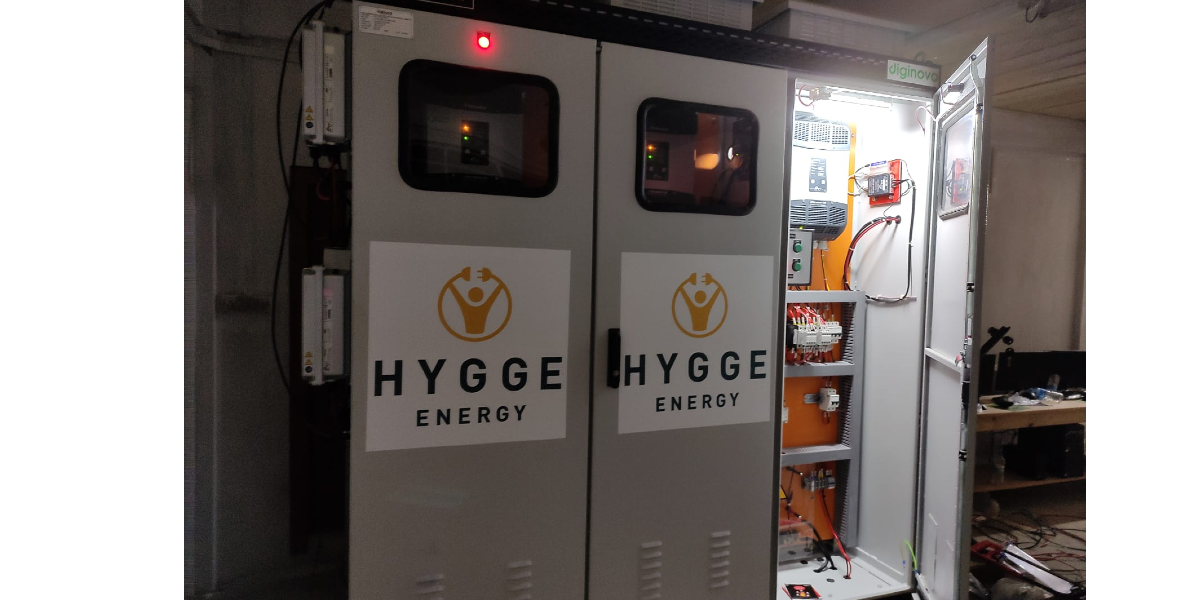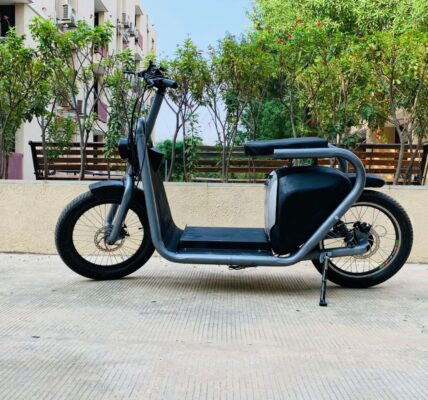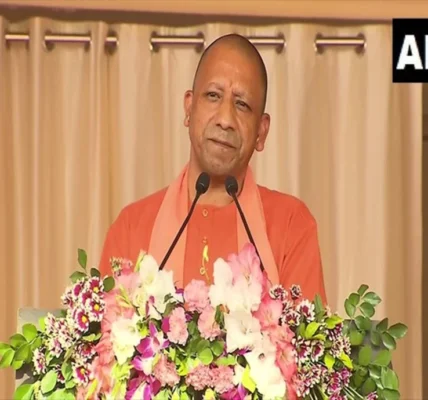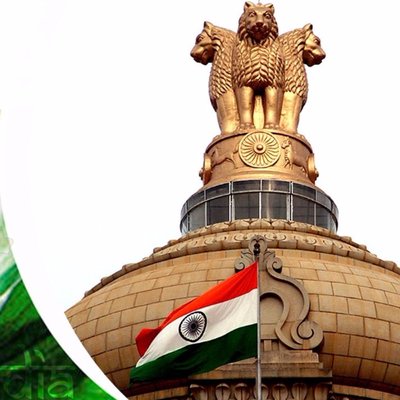It is considered that the lack of an adequate sustainable charging ecosystem is one of the biggest hindrances that’s putting a brake on faster adoption of electric vehicles. But setting up a charging ecosystem is capital-intensive and the payback could be long-term. Canadian start-up Hygge Energy aims to solve both these challenges in a sustainable manner.
As part of its ambition to solve the challenge, Hygge Energy has partnered with Indian Oil Corporation and is running a pilot program to explore the potential use of solar-powered EV fast charging stations.
Prateek Saxena, CEO, Hygge Energy highlighted, “Hygge Energy has carved out a space for itself as a young and innovative technology company. We are utilising revolutionary technology to create a renewable energy and carbon trading marketplace that will help nations around the world meet their net-zero targets as per COP26, while encouraging a culture of sharing and giving back to the community.”
Saxena said the Indian Oil project gave insight into several challenges faced by the Indian EV charging business. Firstly, the electrical grid is not resilient enough to allow EV charging. When EV chargers are set up, the grid infrastructure requires costly and time-consuming upgrades. This results in increased transformer size causing higher sanctioned load and electricity bills as well.
The load factor on the grid is also too high; as demand peaks for EV charging, the grid would not have the capacity to support it since EV charging is going to add 50 percent to the peak demand. The grid energy mix is not renewables-centric, and hence neither is the EV charging source.
“Our solution addresses all of these problems. It was designed with three essential objectives in mind: EVs are charged using solar or other renewable energy, hence promoting zero-emissions mobility; no upgrades are required in the grid infrastructure, hence avoiding delays and expenses and lowers dependence on grid load drastically reducing the payback period of rooftop solar installations. Our solution proved that a rooftop solar-powered fuel station can not only reduce its electricity bill by 80 percent but also provide 8 hours of EV charging without using any electricity from the grid,” he added.
According to Saxena, their solution turned out to be a tremendous opportunity for carbon trading, “for companies like Indian Oil to generate carbon credits. In fact, when we were scaling, we saw a $5-6 billion (Rs 41,235 crore to Rs 49,482 crore) carbon trading opportunity for Indian Oil.”
As part of its expansion plans, Hygge Energy is going supplier agnostic by working with all leading Tier 1 EV charger manufacturers. The company’s software gets integrated with the EV chargers.
“We have also developed the Hygge Box, a plug-and-play device embedded with our patented technology. The Hygge Box connects renewable energy sources to these EV chargers. This instantly results in the creation of a smart EV charging station, not only enabling franchises and aggregators to take advantage of carbon credits but also helping drive traffic to the station with the help of a feature that is unique to the Hygge Platform: the facility to reserve EV chargers in advance. We are scouting for partners to manufacture the Hygge Box in India and are actively in discussions with large Japanese companies,” shares Saxena.
When asked about how does the start-up compete against other EV charging players in the country? Saxena says Hygge Energy is not operating in the space of assets. It has an asset-light model. Its technology integrates with hardware from companies like Delta and ABB to transform the EV charging business from its current state into one that is profitable and renewable-dominant. It is also working with the ecosystem of EV charging manufacturers.
At present, the company has tied up with some large investment houses in India to help fund its initial growth for the next 5 years. However, Saxena says, “We are targeting Rs 1,000 crore valuation in this time period. To start with, we are in the midst of raising Rs 110 crore by the end of next year.”







